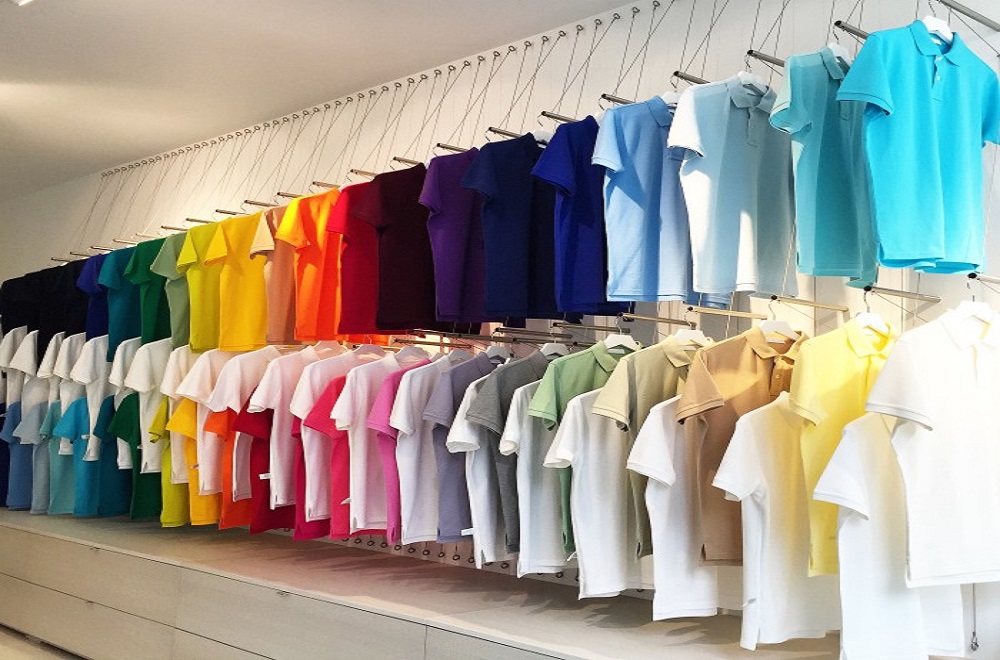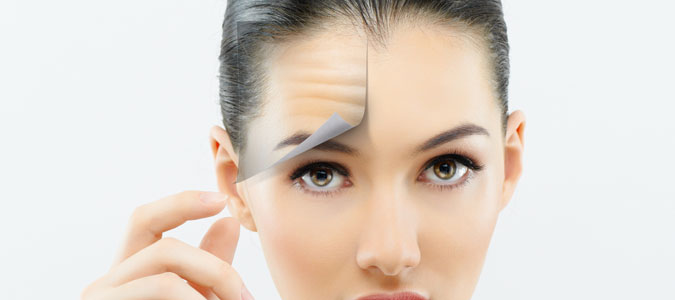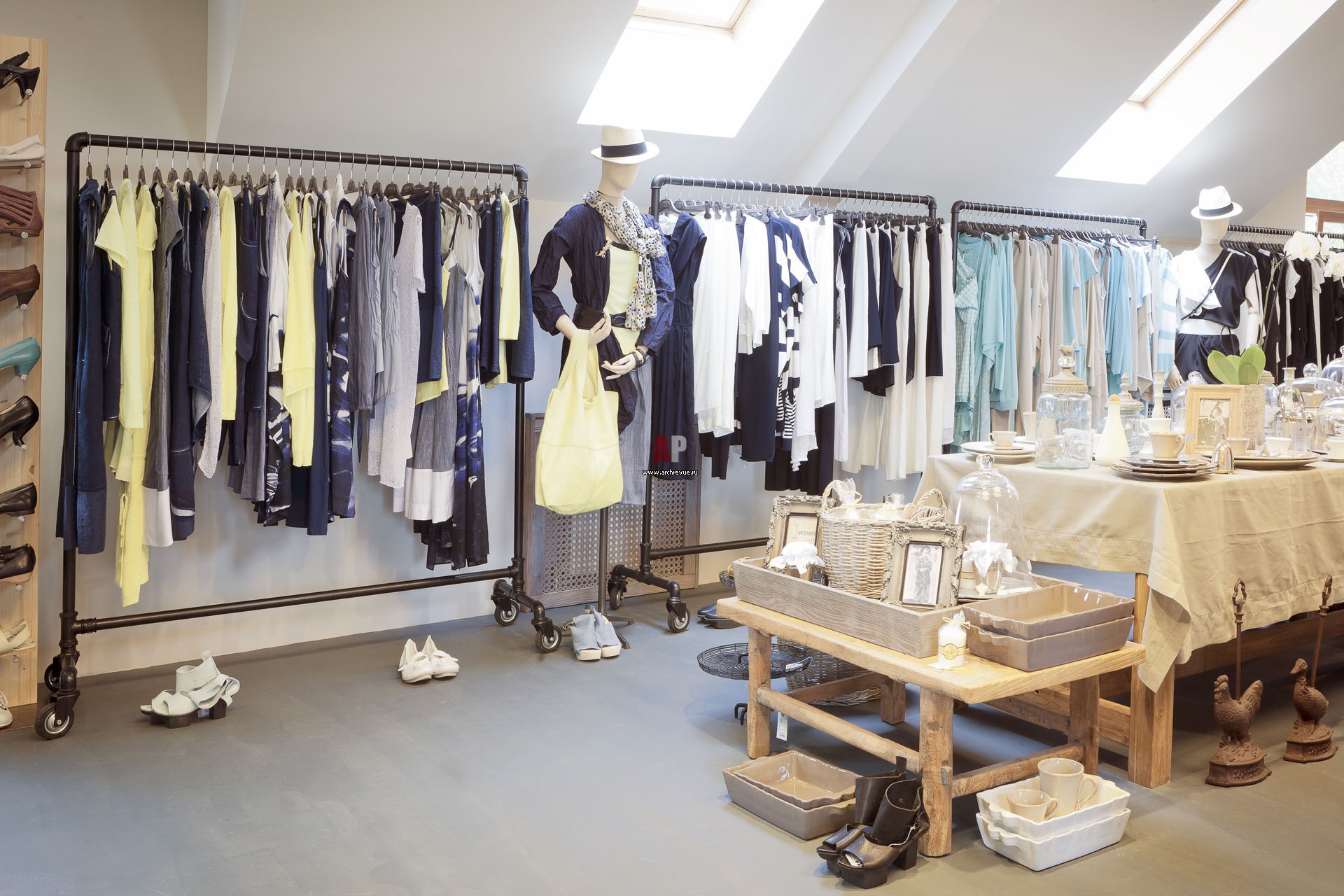Technology-advanced products called "smart skincare devices" integrate connectivity, data analysis, and personalized recommendations to improve your skincare routine. These gadgets use a variety of sensors, applications, and algorithms to give you information about the state of your skin and direct you toward getting the best skincare outcomes.
Here are a few instances of intelligent skincare gadgets:If you want a blog post on Skin Care, then you can choose our platform and you can post your blog on the Skin Care Write for Us category.
- Smart cleansing gadgets: These gadgets work in tandem with smartphone apps to provide customized cleansing regimens for your particular skin type and skin problems. They frequently offer in-the-moment feedback regarding pressure, time, and coverage.
- Skin analyzers: These portable gadgets or smartphone add-ons take detailed pictures of your skin. These pictures are examined to evaluate things like wrinkles, pigmentation, and levels of moisture. On the basis of the analysis, certain devices provide product recommendations.
- UV Monitoring Tools: Wearable sensors can monitor your daily UV exposure and warn you when it's time to reapply sunscreen or find some shade.
- Apps that can be customized for skin care: Some apps let you enter details about your skin type, issues, and existing products. They then produce a personalized skincare regimen and offer prompts for each step.
- Electronic sheet mask accessories: These accessories enhance absorption when used with sheet masks. They frequently contain warming or microcurrent capabilities to aid chemicals' better skin absorption.
- LED Therapy Devices with Apps: Guided LED therapy sessions are offered via LED masks or other devices with apps that target particular skin issues including acne, inflammation, or skin rejuvenation.
- Skin Tone Matching Tools: These gadgets or applications analyze your skin tone and provide you with suggestions for foundation or concealer that would look best on you.
- Platforms for virtual consultations: These apps or websites let you interact with dermatologists or skincare experts for online consultations. They can evaluate your skin problems and make recommendations for remedies.
- Wearable Moisture Sensors: Some wearables have sensors that gauge how much moisture is present in your skin. They provide information on hydration and make recommendations for when to use moisturizer.
- AI-Driven Skincare Advisors: AI-driven apps and gadgets examine images of your skin, monitor changes over time, and offer customized skincare advice based on trends and statistics.
- Bluetooth-Connected Devices: A few skincare products have Bluetooth connections that let you monitor the development of your skincare routine and get real-time advice.
- Skin sensors that are worn: These tiny sensors stick to your skin and track things like pollution exposure, pH balance, and hydration levels. They offer current information and suggestions to help you with your skincare routine.
- Skin Diagnostics Powered by AI: Some smart gadgets scan images of your skin using artificial intelligence to deliver a thorough diagnosis, including details on pigmentation, texture, and probable issues.
- Smart Mirrors: Smart mirrors with camera technology can enlarge and assess the state of your skin. To analyze makeup applications and replicate various situations, they frequently contain built-in lighting options.









